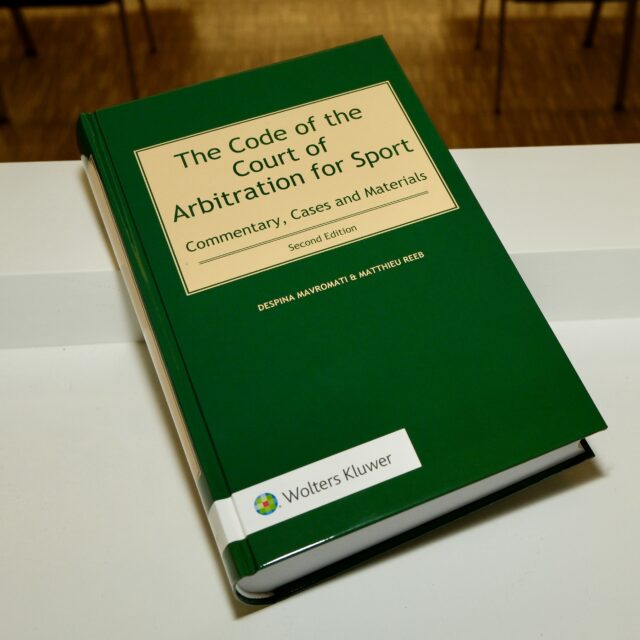4A_430/2023, judgment of 23 February 2024, challenge of the CAS Award 2022/A/8571 of 6 July 2023
This judgment is interesting as it delves into the cases “of international dimension” where the FIFA RSTP provide for the jurisdiction of the FIFA tribunals and the CAS in appeal, however allowing them to opt out of the FIFA-CAS jurisdiction for labour law disputes as in the case at hand. In those cases, the panel must interpret the agreement in question and establish whether the clause includes an “alternative jurisdiction” or excludes the FIFA jurisdiction altogether. In line with consistent case law of the SFT, the parties’ wish to exclude state court jurisdiction must be clear in order to accept to have recourse to a court of arbitration, which was not the case here.
In 2020, a Hungarian football club (the Club) signed a contract with a Russian football player (the Player) which included the following arbitration clause in its Article 49:
“The Parties agree that they shall make efforts to settle their possible dispute in amicable way by negotiations. If theseefforts fail (…). the Parties may turn to the organizational units with MLSZ or FIFA scope of authority, in case of labourdispute to the Administrative and Labour Court having competence and scope of authority, and in all other disputes arising out of their legal relationship the Parties stipulate the exclusive jurisdiction of the Sport Standing Arbitration Court based on the Article 47 of the Sports Law. (…)”

In 2021, the Club informed the player that he would evolve in its reserve team with a 50% reduced salary according to Article 49 of the contract. The Player contested this decision and requested his unpaid salaries and his reinstatement to the first team, with no answer from the Club. The Player terminated his contract of employment and brought a claim before the FIFA DRC requesting the payment of the salaries and a compensation for termination of breach of contract.
The FIFA DRC partially accepted the claim, ordering the Club to pay various amounts to the Player. In appeal to the CAS, the Sole Arbitrator held that the CAS did not have jurisdiction to decide on the matter, which should have been brought before the Hungarian state tribunals.
In the subsequent challenge to the SFT by the Player for wrongly denying jurisdiction, the SFT repeated its general theory on the interpretation of the arbitration agreement as a contract (at 5.2) and confirmed the interpretation of the Sole Arbitrator.
The SFT endorsed the Sole Arbitrator’s interpretation of the relevant arbitration clause, notwithstanding the fact that the dispute had an international dimension under Art. 22 (b) RSTP.
More specifically, the Sole Arbitrator proceeded to an interpretation of the relevant arbitration clause, finding that the parties distinguished between labour law disputes (that should go exclusively to the state courts) and other disputes enshrined in the FIFA RSTP that should go to FIFA and then to CAS.
The SFT therefore dismissed the Player’s argument that the clause included “an alternative jurisdiction” in favour of both the state courts and FIFA DRC (TAS 2018/A/6016). The SFT held that the Player’s interpretation was inadmissible before the SFT as it could not be traced in the contested award itself (at 5.4).
The SFT also noted the similarities of this case to another judgment (judgment 4A_2/2023 of October 6, 2023, at 3.4 in appeal against CAS 2021/A/7775), where the CAS panel had also reached a similar conclusion related to the interpretation of a jurisdiction clause involving the jurisdiction of Hungarian state courts for labour law disputes.







